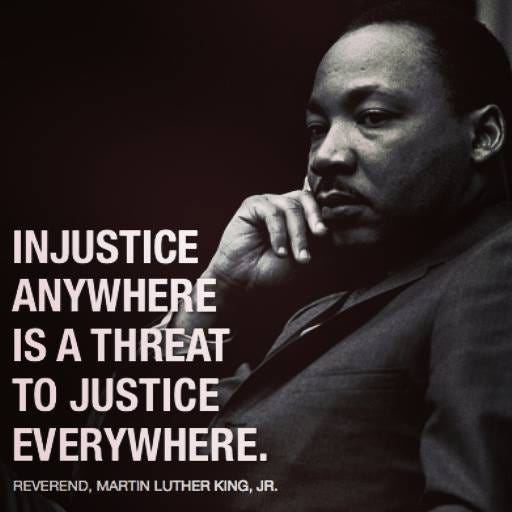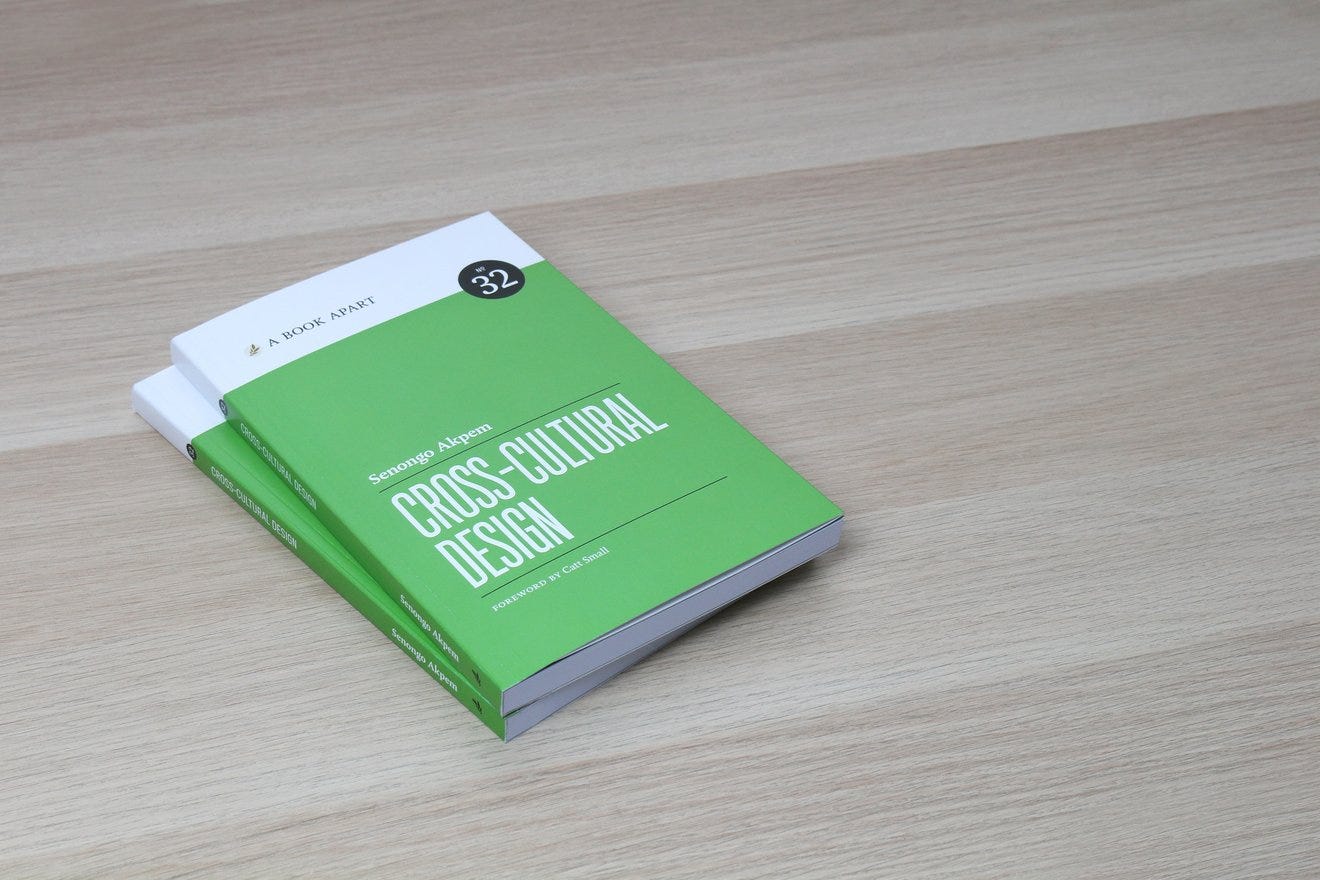This was originally published by Chris Guimarin on June 2nd, 2020. Subscribe to his weekly collection of thoughts here!
A look at the systems involved, Blackout Tuesday, and how to get involved.
This past week has been a week of bigotry and racism, while today, we also enter Pride Month. A month commemorating the Stonewall Riots standing up for LGBT equality. We are reminded of the injustices plagued throughout our American experiment, and through action and advocacy, change occurs.

Injustice anywhere is a threat to justice everywhere. – Rev. Martin Luther King
?️?Pride
We can’t wave our pride flags, marching for LGBT equality, and dancing while thinking that what’s happening has nothing to do with us. This, too, is our fight. We have shown time and time again that we, as people push to advance our societal systems to improve the quality of life for all. We’ve developed in the area of science and technology evident in the joint NASA/SpaceX launch; however, we have not advanced regarding equality and justice. This past week has shown how fragile our societal systems are and the areas where we must continue to improve them. We must stand up to bigotry and racism and speak out against senseless violence.
?Looking at the systemic racism in America
Scott Woods, a writer, and poet wrote the following:
The problem is that white people see racism as conscious hate, when racism is bigger than that. Racism is a complex system of social and political levels and pulleys set up generations ago to continue working on behalf of white at other people’s expense, whether whites know/like it or not. Racism is an insidious cultural disease. It is so insidious that it doesn’t care if you are a white person who likes black people; it’s still going to find a way to infect how you deal with people who don’t look like you. Yes, racism looks like hate, but hate is just one manifestation. Privilege is another. Access is another. Ignorance is another. Apathy is another. And so on. So while I agree with people who say no one is born racist, it remains a powerful system that we’re immediately born into. It’s like being born into air: you take it in as soon as you breathe. It’s not a cold that you can get over. There is no anti-racist certification class. It’s a set of socioeconomic traps and cultural values that are fired up every time we interact with the world. It is a thing you have to keep scooping out of the boat of your life to keep from drowning in it. I know it’s hard work, but it’s the price you pay for owning everything.
These are systems that were created by people and can be changed by people. They have outputs and inputs and intended and unintended consequences. Just because the system exists does not make it only or correct or impervious to change. We must redesign them for the better. We must do so by supporting the people who are negatively affected by that system. Typically, I write about how designers create digital products and networks that help people connect, be productive, and create work. Policymakers are the designers of our societal systems. I encourage everyone to speak to their representatives and share the type of system they wish to live in.
In addition to ways to get involved and contribute positively, below are voices who have been working on redesigning these systems.
? Militarization of Police
Check out this study that found that as more military equipment increases, the number of civilians killed by police.
? Thread of Threads
Read the work by Samuel Sinyangwe and this thread from 2019. Look at the data he presents around police training, Restrictive State and Local policies, demilitarization, Police union contracts, predictive policing on police, alternative crime prevention strategies, and more.
? Police Unions
In this thread and cited data Kanyi Maqubela outlines the impacts of police unions in different jurisdictions. For example, where there are police unions result in 40% more violent misconduct. Furthermore, departments with union contracts are more likely to kill unarmed civilians.
Blackout Tuesday
Tomorrow, June 2nd, I will be joining my employer ASCAP in “Blackout Tuesday” standing for human rights, peace, and equal justice. So for this Tuesday, #TheShowMustBePaused.
If you are looking for ways to help:
1. Support those protesting ?
I will be donating to each of the below organizations and if you are able I encourage you to do the same.
The Legal Defense Fund
The NAACP Legal Defense and Educational Fund, Inc. is America’s premier legal organization fighting for racial justice. Through litigation, advocacy, and public education, LDF seeks structural changes to expand democracy, eliminate disparities, and achieve racial justice in a society that fulfills the promise of equality for all Americans. LDF also defends the gains and protections won over the past 75 years of civil rights struggle and works to improve the quality and diversity of judicial and executive appointments.
The Bail Project
The Bail Project National Revolving Bail Fund is on a mission to combat mass incarceration and reshape the pretrial system in the United States. 100% of online donations are used to bring people home. Since bail money comes back to us when cases close, we’re able to recycle every dollar donated at least twice per year.
Equal Justice Initiative
EJI believes we need a new era of truth and justice that starts with telling the truth about our history of racial injustice. We are working to deepen and broaden the national conversation about enslavement in America and its legacy of mass incarceration today.
Policing Equity
As a research and action think tank, the Center for Policing Equity (CPE) produces analyses identifying and reducing the causes of racial disparities in law enforcement. Using evidence-based approaches to social justice, we use data to create levers for social, cultural, and policy change.
The Hidden Genius Project
When you make a donation to The Hidden Genius Project, you are empowering black males to learn relevant technology skills, build an entrepreneurial foundation, and establish a professional network that will empower them to be innovators and agents of change.
2. Expand your knowledge ?
The next book I am reading is Algorithms of Oppression recommend here by Tatiana Mac.
We also have to be looking outside of the eurocentric version of design and art history. If you are an educator or administrator use this to ask questions and review the curriculum to be more inclusive.

I am continuing my education by reading Senongo Akpem’s book: Cross-Cultural Design
3. Listen to those who don’t look like you ?
I am starting here with this list. If you find more that you enjoy, please send them my way. This is not a light switch to be flipped, it is a practice to continue to seek out different voices.
One of the recommendations is Aaron McClendon, an Entrepreneur in Residence at Detroit Venture Partners and his substack, Faintflex.
4. If you are looking for creators to support ?
5. Check out this comprehensive Ally Resource Guide ?️
This document of call-to-actions and resources is publicly available to anyone with the URL. It will continue to be updated accordingly.
The list is split up into different levels of engagement:
- Ways to Donate (Various Organizations/Funds)
- Petitions to Sign
- Representatives and Officials to Contact
- Anti-Racism Resources to Listen to, Watch, and/or Read
? Thank you for joining me on this Recap.
Rest in Power, Larry Kramer
“One of America’s most valuable troublemakers” – Susan Sontag
To receive this newsletter in your inbox weekly, subscribe here.